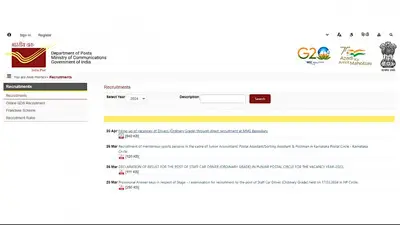Recommended Stories
"The fees have been calculated on the basis of weight of the cargo, the types of routes to be used and their distance," the `Daily Star` newspaper reported quoting a source close to the committee headed by Tariff Commission Chairman Mujibur Rahman. It said the lowest rate was applicable for using waterways while the highest is for roads.
Officials concerned were not available for comments on the report. Senior government leaders had earlier said the committee nearly completed the report. According to the report the fees would vary from 2 cents to 11 cents per tone and per km depending on which route is being used, said the committee in its report submitted to the government recently.
Officials earlier said in addition to the transit fees, the users must pay fuel tax and other surcharge for carrying transit goods while the report said 11 types of fees were calculated in fixing the total charges.
Customs and land port charge and foreign vehicle entry fees will remain fixed. Certain charges common for all cargo such as sea and land port charges, bridge tolls, have not been included in calculating transit fees, it said.
Bangladesh formed the committee last year expecting that Dhaka and New Delhi will sign a transit deal during Indian Prime Minister Manmohan Singh`s Dhaka visit that took place last month. But Dhaka refused to sign the proposed transit agreement after India backed out from signing the much-expected accord on sharing the common Teesta river water.
Bangladesh earlier sought to sign a framework agreement on transit against a revised Indian proposal to ink a protocol for using the country’s two seaports and had prepared a draft on the deal.
Prime Minister Sheikh Hasina`s foreign affairs adviser Gawher Rizvi had earlier told PTI that Bangladesh intended to offer first the expanded transit facilities through water routes and then the preference would the railway system.
Transit through Bangladesh, for India in particular, remained to be a contentious issue as main opposition BNP and its rightwing allies were opposed to the facility for "security and economic concerns", an argument rejected by mainstream financial and security analysts.












